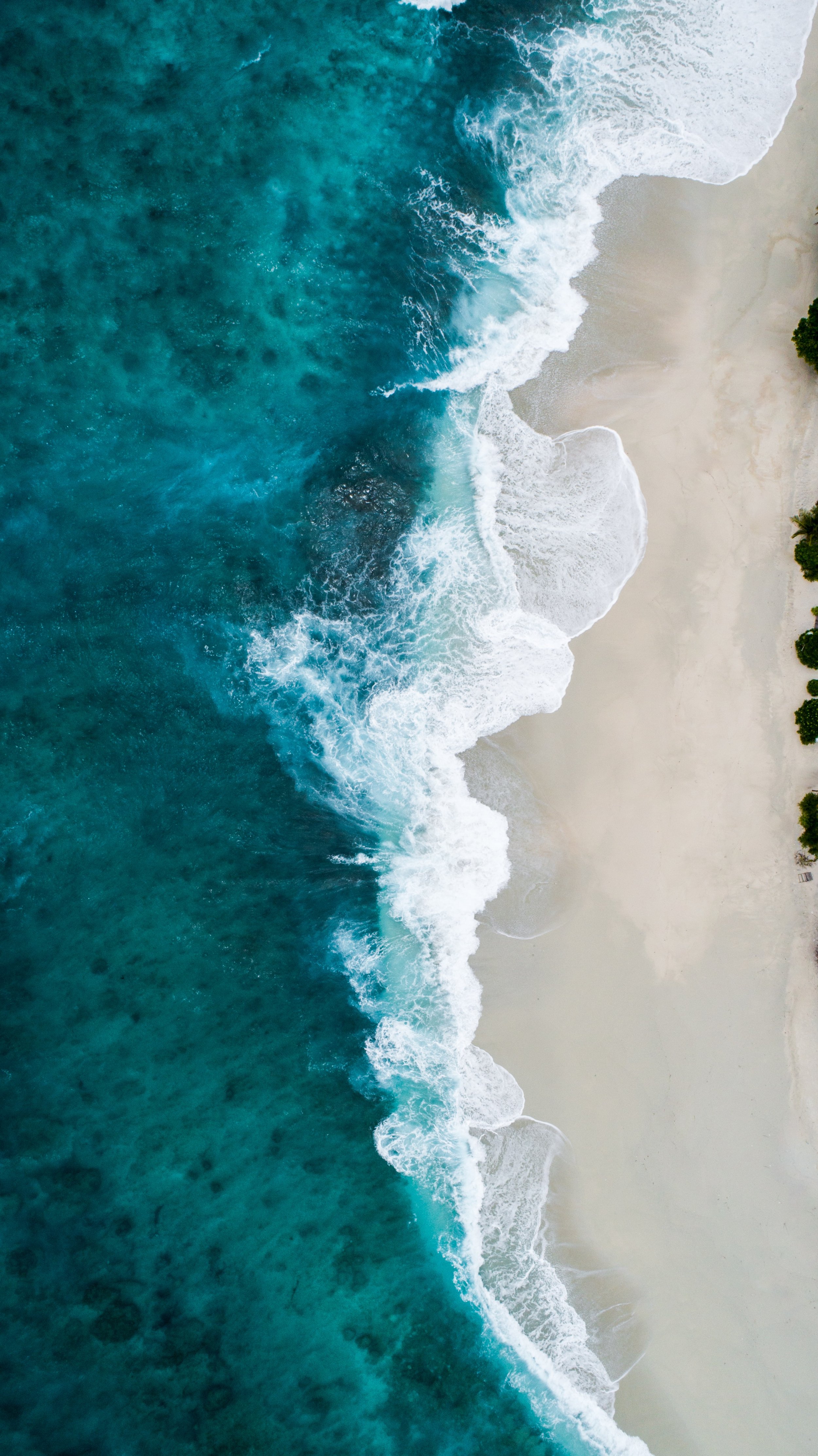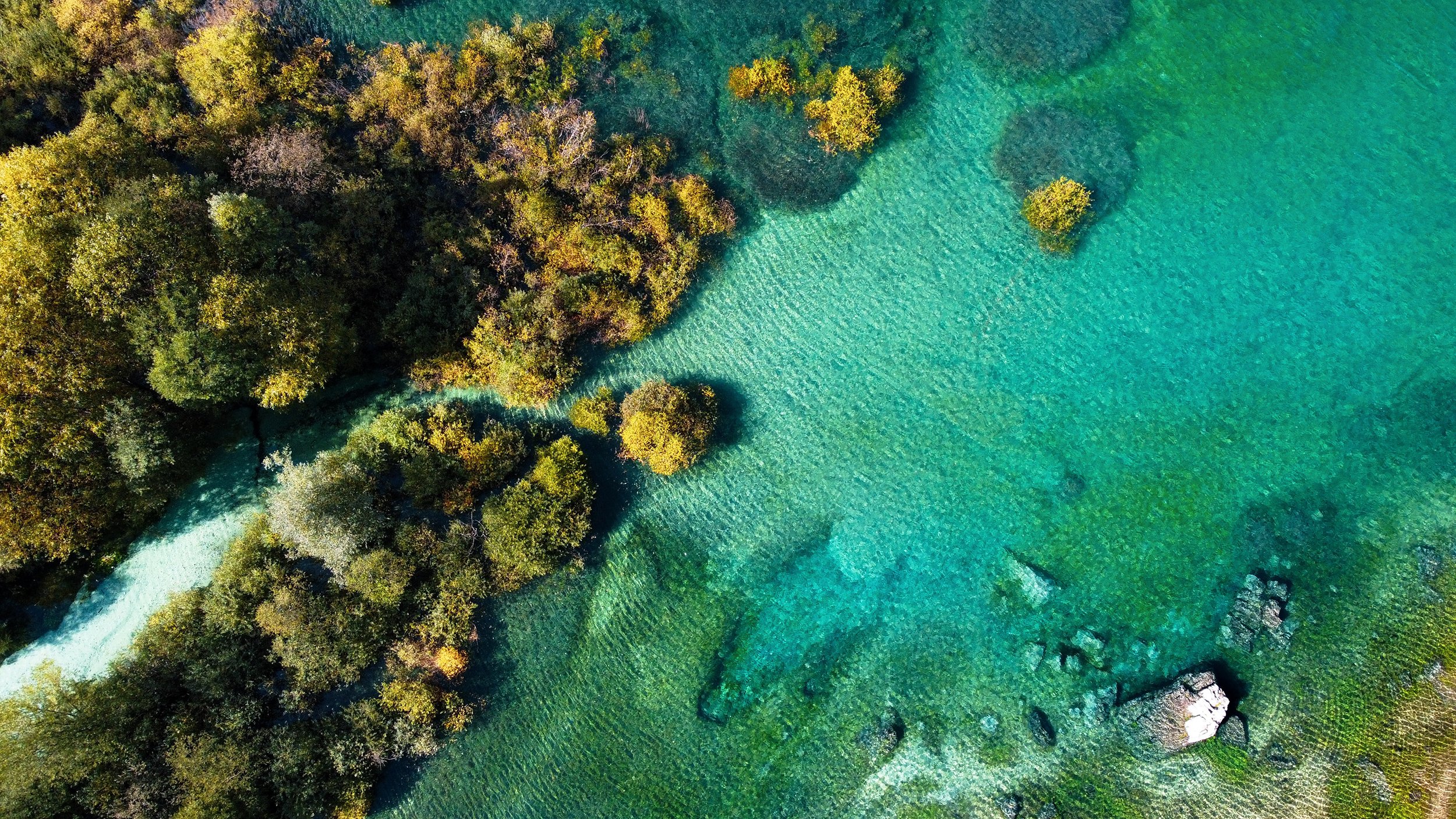Current work
Coastal Community Network (CoCoNet)
CoCoNet was formed during the summer of 2020, bringing together a network of over two dozen regional organizations with a shared mission of addressing challenges and hazards facing coastal communities in Massachusetts.
The purpose of the Massachusetts Coastal Community Network is to bring together those who live, work, do research,do business, govern, recreate, relax, teach and learn in the coastal areas of Massachusetts, in order to gain a more thorough understanding of the threats facing our communities, and how to best prepare to overcome these challenges. Our network is diverse and inclusive, reflecting the people who first occupied these areas, as well as more recent newcomers.
A survey was sent to CoCoNet members in July 2020; twenty-nine respondents answered seven open-ended questions related to hazards and threats to coastal communities in Massachusetts (More details on the survey are available here). The most mentioned topic (nearly one-third of the respondents) was planning for and mitigating sea level rise.
Other environmental and science themes often mentioned were:
Restoring and protecting beaches, coastline, marshes, and bluffs; wildlife and vegetation
Protection from storms and waves
Maintaining natural coastal processes and sustainable solutions, to mitigate coastal habitat loss
Maintaining undeveloped coastline and address development pressure
Promoting climate resiliency and improving understanding of climate change;
Strategizing about renewable energy and reducing fossil fuel use;
Improving control of runoff, pollution, water quality, wastewater treatment, and waste management.
Below are some of the initiatives that relate to this work.
Funded Project
SMART & CONNECTED COMMUNITIES: CONNECTING COASTAL COMMUNITIES
(National Science Foundation Award # 2125264 , Lead Institution UMass, Boston)
Working with the Cape Verdean community in Falmouth, MA and the Herring Pond Wampanoag Tribe in Plymouth, MA to elucidate primary concerns related to the coastal environment through a participatory process of workshops and mapping. The Woods Hole Institute was instrumental in generating the initial premise of the project, bringing the painters together, planning the program of work, and initiating field work to build relationships with communities and community assets.
Project partners: The Cape Cod Cape Verdean Museum and Cultural Center, the Herring Pond Wampanoag, College of Exploration, Mass Bays, UMass Boston.
Funded Project
Sustainable Regional Systems Research Networks: INTEGRATING LAND AND SEA:
Building coastal resilience and ecosystem services for sustainable urban-rural systems
(National Science Foundation Award # 2115333, Lead Institution UMass Dartmouth)
Along with the College of Exploration, Cape Cod Community College and UMass Dartmouth, bringing together a diverse and interdisciplinary group of researchers, educators, policymakers and community stakeholders through a sequence of participatory modeling workshops to surface local knowledge and needs, identify research questions, and leverage linkages between human systems and coastal environments, acknowledging the inherent uncertainty and tradeoffs across environmental, social, and economic interests.We will integrate the development of our network with the creation of a learning community to foster coastal literacy and systems thinking, and to enable place-based socio-environmental problem solving as it relates to urban and rural community-relevant issues in Massachusetts. The Woods Hole Institute brought together project leads and experts in participatory modeling to develop and plan the course of the project.
Funded Project
Resilient WOods Hole
PRIVATE-PUBLIC INVESTMENT TO ENSURE THE FUTURE OF A SEASIDE COMMUNITY AND BLUE ECONOMY VILLAGE
(Partner Institutions: Woods Hole Oceanographic Institution, University of Chicago Marine Biological Laboratory & National Oceanographic and Atmospheric Administration)
A collaboration between three major science institutions in Woods Hole, Massachusetts, and key local stakeholders, including the business, residential and science communities, and the Town of Falmouth, MA (https://resilientwoodshole.org/). This initiative is to ensure the vibrant and productive village of Woods Hole prospers well into the future with the advent of major climate impacts such as sea-level rise, coastal flooding, shoreline loss, and associated challenges. The project is committed to preserving direct access to the sea, which is fundamental to each institution’s mission, and is threatened by climate impacts. The Woods Hole institute has been working with project leads to better connect the project to community assets and bring together community members into meaningful conversation about the impacts of climate change and develop novel outreach ideas.




